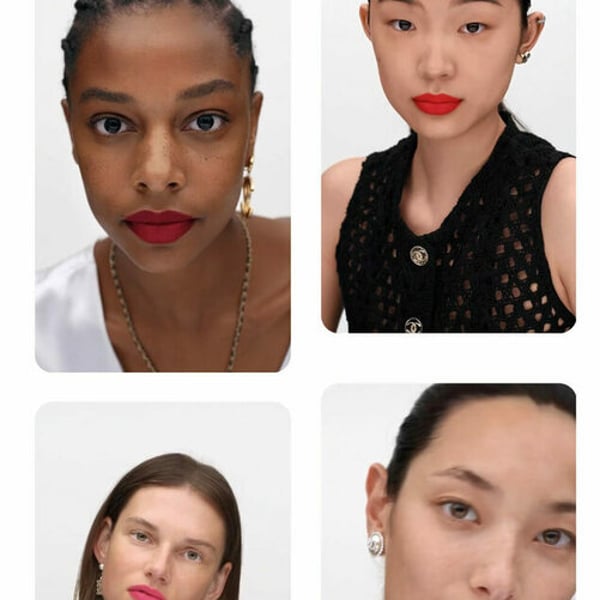By
Reuters
Published
June 19, 2025
China’s biggest mid-year shopping festival, 618, ended on Wednesday evening without much fanfare after more than a month of promotional events designed to encourage consumers to spend more of their hard-earned money.

Originally a one-day celebration marking the founding of e-commerce giant JD.com on June 18, the festival has expanded to include all major e-commerce platforms with increasingly extended sales periods.
This year, presales for JD.com and Alibaba kicked off on May 13, making the shopping festival span more than a month.
China’s retail sector continues to struggle amid concerns over job stability, stagnant wage growth and the ongoing property crisis, leaving shoppers hesitant to splurge.
Retailers and the government have attempted to revive muted consumer spending through deeper discounts and broader consumer subsidies. Although extending the sales period may support overall sales growth during this year’s 618 period, analysts say that prolonged festivals and year-round promotions on e-commerce platforms have diminished enthusiasm for these events.
“I don’t have anything special to buy during the 618 shopping festival. Because there are always great deals, I can buy whatever I need whenever,” said Xu Binqi, who works in Beijing’s film industry. “Take skincare products, for example—I buy them whenever I run out, and the prices are no higher than during the 618 festival.”
Rachel Lee, general manager of market research firm Worldpanel China and co-author of Bain & Co.’s recent China Shopper Report, said that when consumers are budget-conscious, they opt for more affordable alternatives, making discounts less of a factor.
“Standalone promotional discounts will find it increasingly difficult to drive volume growth,” she said.
Major e-commerce platforms have not disclosed overall sales figures for 618 in recent years. However, according to data provider Syntun, sales during the mid-year festival last year declined for the first time in 2024, down 7% to 742.8 billion yuan ($103.31 billion) compared to the previous year.
This year, JD.com reported that the number of users placing orders during the 618 event more than doubled compared to the previous year, totaling over 2.2 billion orders across its online, offline and food delivery platforms.
Alibaba stated that 453 brands surpassed 100 million yuan ($13.91 million) in gross merchandise volume (GMV) over the 618 period.
Brands that exceeded 1 billion yuan in GMV included Apple, Xiaomi, Huawei, Nike, Adidas, L’Oréal and Lululemon, Alibaba added. GMV is a metric used by e-commerce companies that is roughly analogous to sales revenue.
© Thomson Reuters 2025 All rights reserved.




